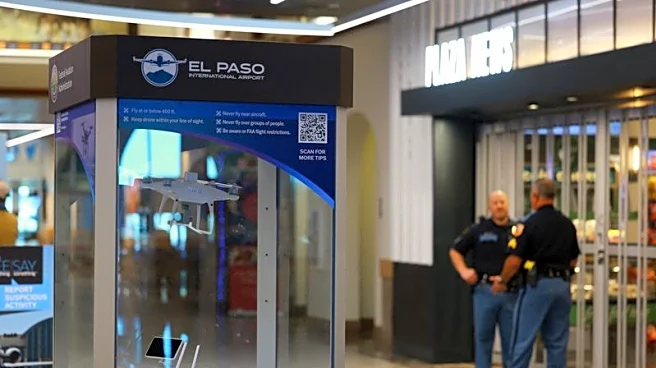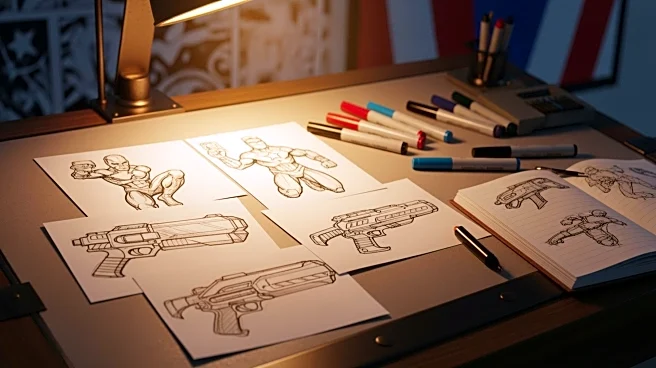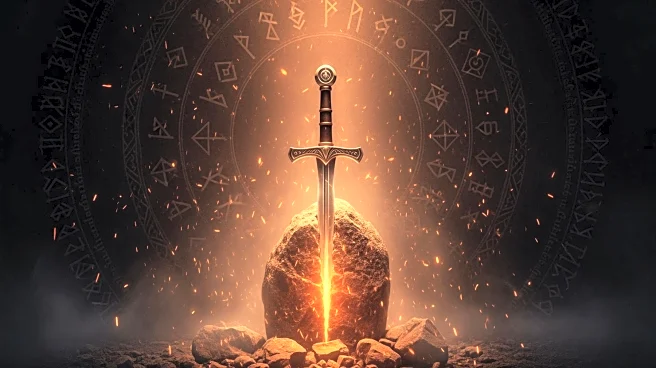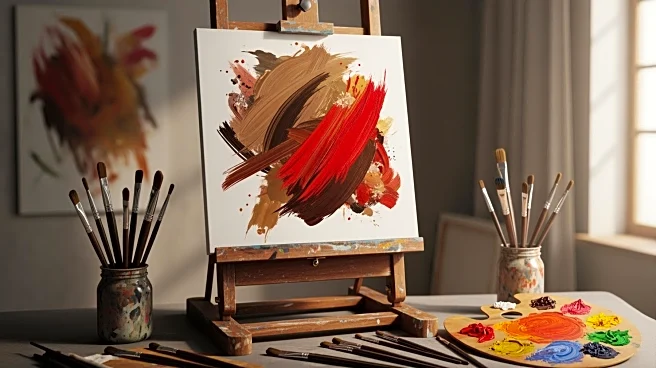What's Happening?
Cristobal Tapia de Veer, the composer for HBO's 'The White Lotus,' has won the award for best original main title theme music at the 2025 Creative Arts Emmy Awards. This accolade comes after a public dispute with the show's creator, Mike White. De Veer, who has been with the series since its inception in 2021, announced earlier this year that he would not return for the fourth season. The conflict reportedly stemmed from creative differences over the show's theme music, particularly the 'ooh-loo-loo-loos' from the first season's track. Despite the fallout, de Veer continued to deliver his musical vision, which has been recognized with multiple Emmy wins.
Why It's Important?
The recognition of Cristobal Tapia de Veer's work highlights the significant role of music in television storytelling and its impact on a show's success. The publicized disagreement with Mike White underscores the challenges of creative collaboration in the entertainment industry. De Veer's departure could influence the show's future musical direction, potentially affecting its reception and success. This situation also reflects broader industry dynamics where creative differences can lead to significant changes in production teams, impacting the final product and audience engagement.
What's Next?
With de Veer's departure, 'The White Lotus' will need to find a new composer for its fourth season. This change could alter the show's musical identity, which has been a critical component of its acclaim. The production team will likely face the challenge of maintaining the show's distinctive sound while integrating new creative influences. Fans and industry observers will be keen to see how these changes affect the series' future and whether it can continue its streak of critical success.
Beyond the Headlines
The fallout between de Veer and White also raises questions about the balance of creative control in television production. It highlights the potential for tension when individual artistic visions clash with collaborative processes. This incident may prompt discussions within the industry about how to better manage creative differences to avoid public disputes and ensure a cohesive production environment.










